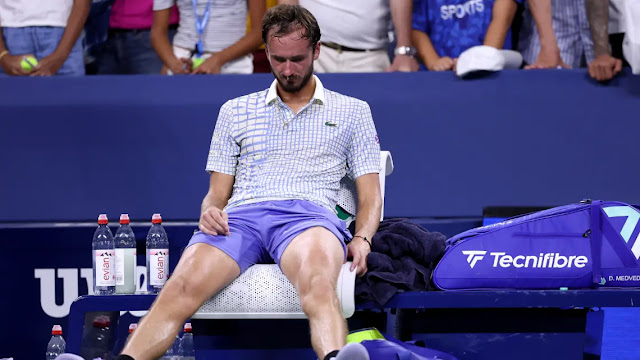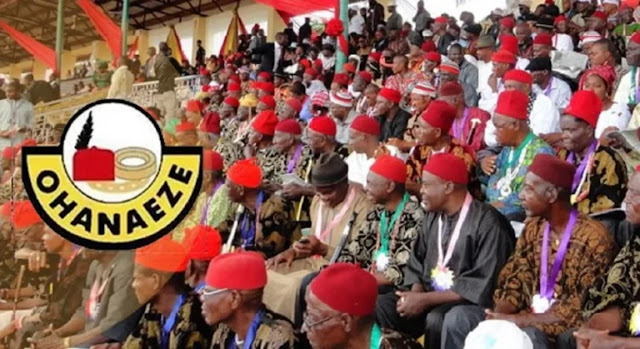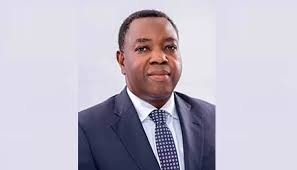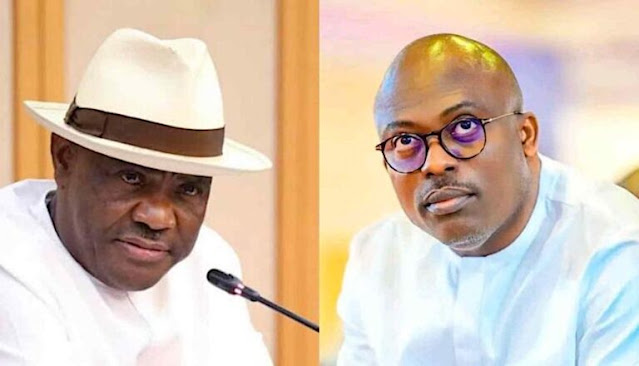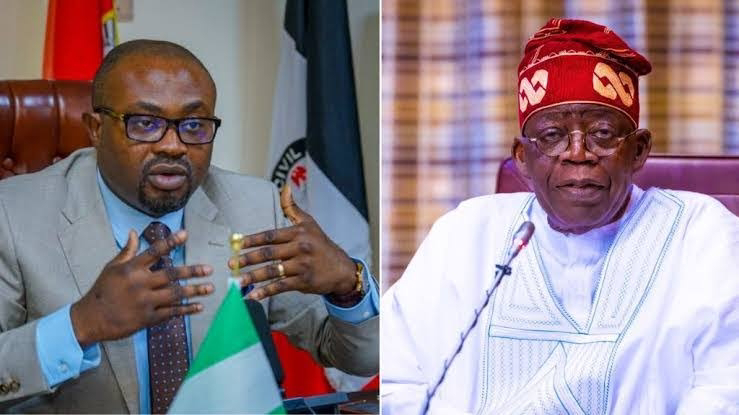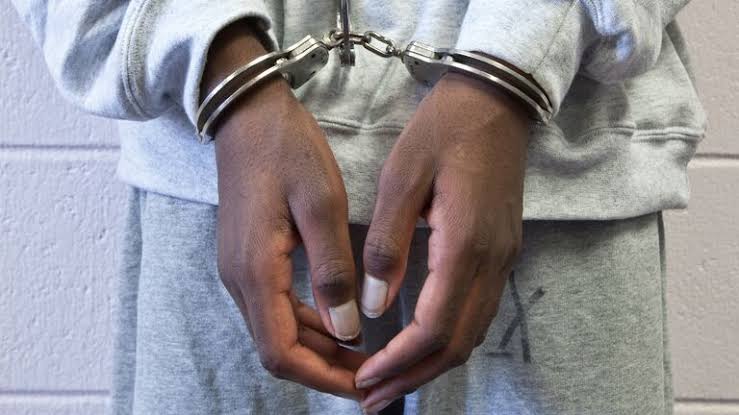In a shocking turn of events, former World No. 1 and 2021 U.S. Open champion Daniil Medvedev has announced his decision to part ways with his longtime coach, Gilles Cervara, following a tumultuous first-round exit at the 2025 U.S. Open. The split, confirmed by Medvedev via an emotional Instagram post, marks the end of a nearly decade-long partnership that saw the Russian tennis star achieve remarkable success, including 20 ATP titles and a career-high ranking of World No. 1. The decision comes on the heels of a highly publicized meltdown during Medvedev’s match against unseeded Frenchman Benjamin Bonzi, an incident that not only cost him the match but also resulted in a hefty fine and widespread scrutiny. This article delves into the details of the U.S. Open incident, the history of Medvedev’s relationship with Cervara, the reasons behind their split, and what this means for Medvedev’s future in professional tennis.
The U.S. Open Meltdown: A Match That Defined a Moment
The 2025 U.S. Open, held at the iconic Flushing Meadows in New York, was expected to be another chapter in Daniil Medvedev’s storied career. As the No. 13 seed and a former champion, Medvedev was a favorite to make a deep run in the tournament. However, his campaign came to an abrupt and chaotic end in the first round against Benjamin Bonzi, a relatively unheralded player ranked outside the top 50. The match, played on Louis Armstrong Stadium, descended into chaos in a way that few could have predicted, with a single moment sparking one of the most memorable meltdowns in recent tennis history.
The incident occurred in the third set, with Bonzi serving at match point. As Bonzi prepared to serve, a photographer inadvertently stepped onto the court, mistakenly anticipating the end of the match. The disruption caused a significant delay, lasting over six minutes, as Medvedev reacted with visible frustration. The chair umpire, Gregory Allensworth, made the controversial decision to grant Bonzi a fresh first serve, citing the interference as the reason. This ruling sent Medvedev into a frenzy. The Russian, known for his fiery temperament, stormed toward the umpire’s chair, vehemently protesting the call. He argued that the interruption should not have warranted a first serve for Bonzi, as it disrupted his own focus at a critical juncture.
Medvedev’s frustration spilled over to the crowd, whom he actively encouraged to boo him, a move that only amplified the chaos. The jeers from the New York crowd, already known for their vocal presence, grew louder, creating a tense and theatrical atmosphere. Medvedev, never one to shy away from engaging with spectators, later attempted to quiet them down so Bonzi could serve, but the damage was done. The delay and the emotional toll seemed to affect both players, though Medvedev managed to dominate the fourth set, winning it 6-0 and forcing a fifth set.
Despite his comeback effort, Medvedev could not sustain his momentum. Bonzi, displaying remarkable resilience, regrouped in the fifth set and clinched a career-defining victory. Medvedev’s reaction to the loss was nothing short of explosive. In a moment that quickly went viral, he was seen smashing his racket repeatedly on his bench, an act of frustration that overshadowed Bonzi’s triumph. The outburst was reminiscent of Medvedev’s 2019 U.S. Open antics, where he famously taunted the crowd and later credited their boos for fueling his performance. This time, however, the theatrics did not lead to a victory, and the fallout was significant.
The Financial and Professional Repercussions
Medvedev’s behavior during the match did not go unnoticed by the U.S. Open officials. The tournament issued a fine of $45,500 for his actions, which included inciting the crowd, smashing his racket, and directing verbal tirades at the umpire. The fine, one of the largest imposed during the 2025 U.S. Open, reflected the severity of Medvedev’s conduct, which was deemed a violation of the tournament’s code of conduct. Reports indicate that Medvedev himself anticipated a substantial penalty, stating post-match that he expected a “big fine” for his outburst.
The financial penalty, while significant, paled in comparison to the professional consequences of the match. Medvedev’s first-round exit was his earliest departure from a Grand Slam since 2017, a stark contrast to his consistent performances in major tournaments over the past decade. The loss to Bonzi, combined with the public meltdown, raised questions about Medvedev’s mental state and his ability to handle pressure in high-stakes situations. For a player known for his strategic brilliance and unorthodox playing style, the incident was a rare lapse in composure that exposed vulnerabilities in his game and mindset.
The End of an Era: Medvedev and Cervara’s Partnership
Just days after the U.S. Open debacle, Medvedev announced his decision to part ways with Gilles Cervara, his coach of eight years. In a heartfelt Instagram post, Medvedev expressed gratitude for their time together, writing, “Thank you Gilles. Amazing 8-10 years together, 20 titles, world number 1.” The brevity of the message belied the depth of their partnership, which had been instrumental in transforming Medvedev from a promising talent into one of the most formidable players on the ATP Tour.
Cervara, a French coach known for his calm demeanor and tactical acumen, began working with Medvedev in 2017. At the time, Medvedev was a rising star with a unique playing style characterized by deep court positioning, relentless defense, and an ability to turn defense into offense. Under Cervara’s guidance, Medvedev refined his game, developing a strategic approach that made him a nightmare for opponents. The duo’s first major breakthrough came in 2019, when Medvedev reached the U.S. Open final, pushing Rafael Nadal to five sets in a thrilling match. Two years later, in 2021, Medvedev claimed his maiden Grand Slam title at the U.S. Open, defeating Novak Djokovic in straight sets and denying the Serb a calendar-year Grand Slam.
The partnership also saw Medvedev ascend to the World No. 1 ranking in 2022, a testament to his consistency and ability to compete with the “Big Three” — Djokovic, Nadal, and Roger Federer — during their dominance. Over the course of their collaboration, Medvedev and Cervara amassed 20 ATP titles, including four Masters 1000 titles and the 2020 ATP Finals. Their success was built on a foundation of mutual trust, with Cervara’s calm presence balancing Medvedev’s fiery on-court personality.
However, 2025 had been a challenging year for Medvedev. Despite reaching the semifinals of the Australian Open and the quarterfinals of Wimbledon, he struggled to maintain his form in other Grand Slams. His early exits at the French Open and now the U.S. Open highlighted a dip in consistency, particularly in high-pressure situations. The loss to Bonzi, coupled with the public meltdown, may have been the tipping point for Medvedev and Cervara, prompting a mutual decision to part ways.
Why the Split? Analyzing the Decision
While Medvedev’s Instagram post did not explicitly state the reasons for the split, several factors likely contributed to the decision. The U.S. Open meltdown was a public relations disaster for Medvedev, drawing criticism from fans, analysts, and even fellow players. Some viewed his behavior as unprofessional, arguing that it detracted from the sport’s integrity. Others saw it as a manifestation of Medvedev’s passion and competitive spirit, qualities that have endeared him to fans who appreciate his unfiltered personality.
From a coaching perspective, Cervara may have felt that he had taken Medvedev as far as he could. After nearly a decade together, the dynamics of their relationship may have stagnated, with both parties needing a fresh perspective to reinvigorate Medvedev’s career. Coaching relationships in professional tennis often have a shelf life, as players seek new voices to address evolving challenges. For Medvedev, who turned 29 in 2025, the split could be an attempt to reset and rediscover the form that made him a Grand Slam champion.
Another factor may have been the mounting pressure on Medvedev to deliver in major tournaments. Despite his 2021 U.S. Open title, Medvedev has often been overshadowed by the likes of Djokovic, Carlos Alcaraz, and Jannik Sinner in recent years. The 2025 season saw younger players like Alcaraz and Sinner dominate the Grand Slam stage, while Medvedev struggled to keep pace. The loss to Bonzi, an unseeded player, may have underscored the need for a change in approach, both tactically and mentally.
Cervara’s departure also raises questions about Medvedev’s mental resilience. Known for his cerebral approach to tennis, Medvedev has often thrived in high-pressure situations, using his strategic mind to outwit opponents. However, his emotional outbursts, while part of his charm, have occasionally hindered his performance. The U.S. Open incident was not an isolated event; Medvedev has a history of on-court controversies, including his 2019 U.S. Open antics and a heated exchange with an umpire at the 2022 Australian Open. Cervara’s calm presence was often seen as a stabilizing force, and his absence could pose challenges for Medvedev in managing his emotions moving forward.
The Broader Context: Medvedev’s Career Trajectory
To fully understand the significance of Medvedev’s split with Cervara, it’s worth examining his career trajectory and the unique role he plays in men’s tennis. Medvedev burst onto the scene in the late 2010s as a disruptor, challenging the dominance of the Big Three with his unorthodox style and relentless competitiveness. Standing at 6’6”, Medvedev’s game is built on his ability to retrieve seemingly impossible shots, frustrate opponents with his deep court positioning, and unleash pinpoint accuracy when transitioning to offense.
His 2021 U.S. Open victory was a career-defining moment, not only because it was his first Grand Slam title but also because it showcased his ability to compete with the best in the world. By defeating Djokovic, Medvedev proved that he could go toe-to-toe with the sport’s greatest players. His ascent to World No. 1 in 2022 further solidified his status as a leading figure in the post-Big Three era.
However, Medvedev’s career has not been without challenges. His playing style, while effective, is physically demanding, requiring exceptional fitness and mental fortitude. His reliance on defense and counterpunching can sometimes leave him vulnerable against aggressive players who dictate play, as seen in his loss to Bonzi. Additionally, Medvedev’s temperament has been both a strength and a weakness. His ability to channel crowd energy, as he did in 2019, has led to some of his greatest victories, but it has also resulted in moments of self-sabotage, as evidenced by the 2025 U.S. Open.
At 29, Medvedev is at a crossroads. The emergence of younger players like Alcaraz, Sinner, and Holger Rune has intensified competition on the ATP Tour, while veterans like Djokovic continue to defy age-related expectations. For Medvedev to remain a contender for major titles, he must adapt his game and mindset to the evolving landscape of men’s tennis. The split with Cervara could be a pivotal moment in this journey, offering an opportunity for reinvention or signaling a potential decline if he fails to find the right guidance.
What’s Next for Medvedev?
The immediate question following the split is who will replace Cervara as Medvedev’s coach. The choice of coach will be critical, as Medvedev needs someone who can not only refine his game but also help him manage his emotions under pressure. Potential candidates could include former players with coaching experience, such as Andy Murray or Juan Martin del Potro, both of whom have faced similar challenges in balancing talent with temperament. Alternatively, Medvedev may opt for a coach with a proven track record of working with top players, such as Darren Cahill or Ivan Lendl.
Tactically, Medvedev may need to evolve his game to remain competitive. While his defensive style has been a hallmark of his success, incorporating more aggression and variety could help him counter the power-based games of younger players. Improving his net play and developing a more consistent serve could also make him a more complete player, particularly on faster surfaces like those at the U.S. Open.
Mentally, Medvedev must address the emotional volatility that has defined some of his most memorable moments. While his fiery personality is part of his appeal, learning to channel that energy constructively will be essential. Working with a sports psychologist or a coach with expertise in mental conditioning could help Medvedev maintain his composure in high-stakes situations.
The 2026 season will be a critical one for Medvedev. With the Australian Open looming in January, he has an opportunity to start fresh and demonstrate that the U.S. Open meltdown was an anomaly. A strong performance in Melbourne, where he has reached the final twice, could set the tone for a resurgent year. Conversely, continued struggles could raise doubts about his ability to compete at the highest level.
The Legacy of Medvedev and Cervara
The partnership between Daniil Medvedev and Gilles Cervara will be remembered as one of the most successful coach-player relationships of the modern era. Together, they achieved what many thought impossible: breaking the stranglehold of the Big Three and establishing Medvedev as a force to be reckoned with. Their 20 titles, including a Grand Slam and multiple Masters 1000 crowns, are a testament to their hard work and synergy.
Cervara’s influence extended beyond tactics. His ability to connect with Medvedev on a personal level, navigating the Russian’s complex personality, was a key factor in their success. For Medvedev, Cervara was not just a coach but a mentor and confidant, guiding him through the highs and lows of professional tennis.
As Medvedev moves forward without Cervara, he will carry the lessons learned from their partnership. The discipline, strategic insight, and resilience instilled by Cervara will remain integral to Medvedev’s game, even as he seeks new guidance. For Cervara, the split opens the door to new opportunities, potentially working with another player looking to make their mark on the ATP Tour.
Conclusion
Daniil Medvedev’s decision to part ways with Gilles Cervara after his U.S. Open meltdown marks the end of a significant chapter in his career. The incident at Flushing Meadows, characterized by a chaotic confrontation with the umpire and a costly fine, exposed vulnerabilities in Medvedev’s game and mindset. The split with Cervara, while surprising, reflects a desire for change as Medvedev seeks to reclaim his place among the elite in men’s tennis.
At 29, Medvedev remains a formidable talent with the potential to add to his Grand Slam tally. However, the road ahead will not be easy. The rise of younger players, combined with the enduring brilliance of veterans like Djokovic, means that Medvedev must evolve to stay competitive. The choice of his next coach, along with his ability to manage his emotions and adapt his game, will shape his legacy in the years to come.
For now, the tennis world watches with bated breath to see how Medvedev responds to this pivotal moment. Will he channel the adversity of the U.S. Open into a triumphant comeback, or will the meltdown mark the beginning of a decline? Only time will tell, but one thing is certain: Daniil Medvedev’s journey, with all its highs and lows, remains one of the most compelling stories in modern tennis.


